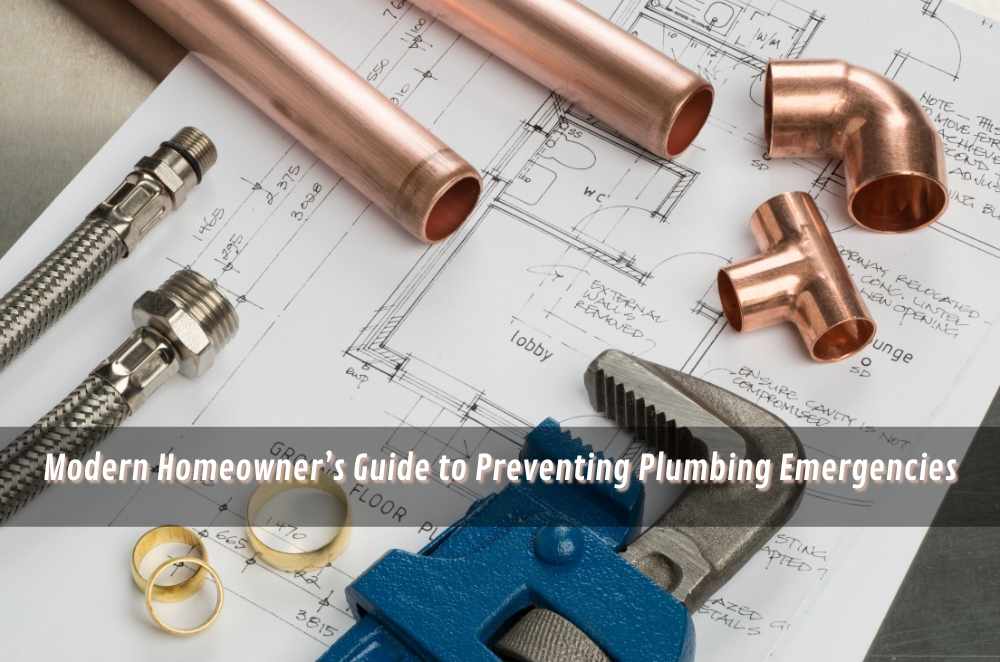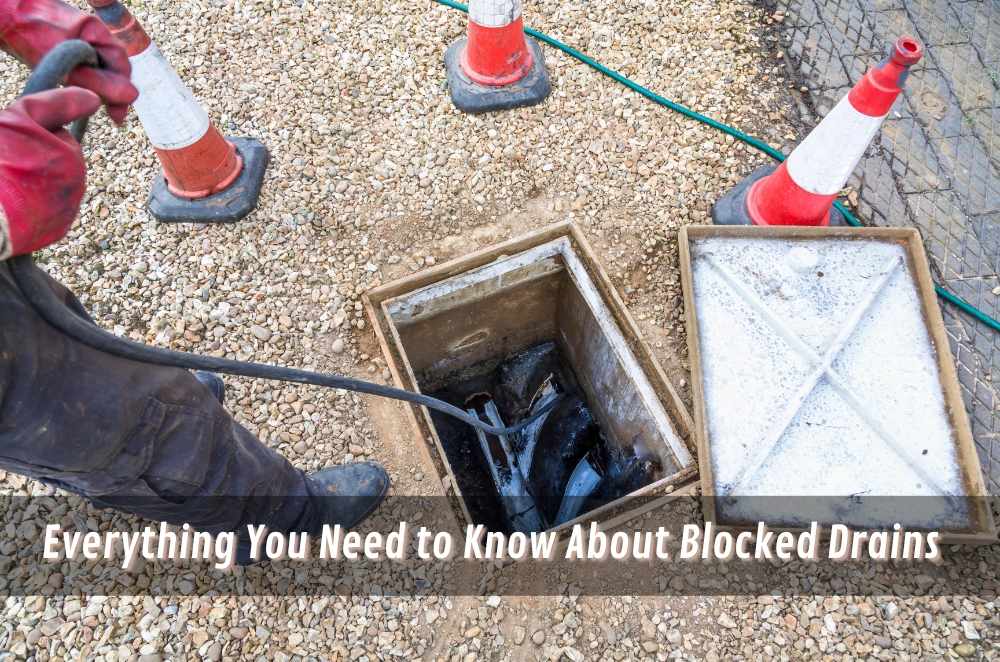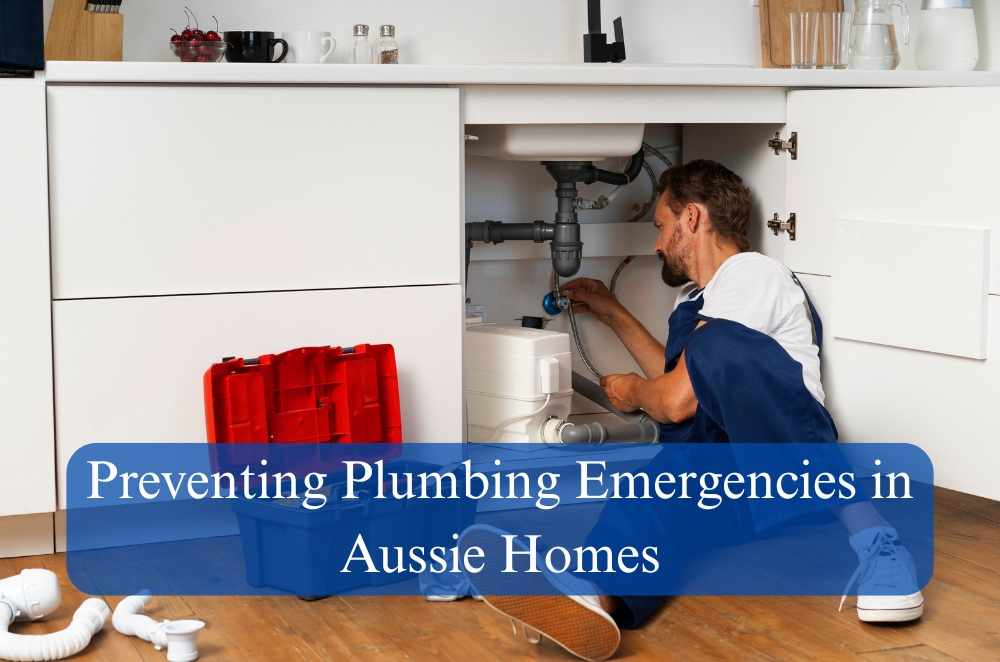
Why professional hot water services matter
There’s nothing worse than waking up on a chilly Sydney morning… and realising your hot water isn’t working. It’s something I’ve experienced first-hand — a busted system just before guests were arriving for the weekend! After that debacle, I quickly learned the value of a good hot water service.
Regular servicing does more than prevent cold showers. It extends the lifespan of your system, improves energy efficiency, and can even reduce your household bills. For most Australian homes, annual servicing is recommended, particularly if your system is more than five years old.
What’s involved in a hot water system service?
When you book a professional hot water service, here’s what typically happens:
Inspection of tank or unit: Checking for corrosion, leaks or wear.
Testing valves and temperature: Ensuring your system operates safely.
Cleaning sediment: Built-up minerals can reduce heating efficiency.
Checking another de-rod: This protects your system from rust.
System flush: Removes sludge that can clog pipes.
Pressure test: Confirms optimal performance.
When my plumber walked me through this process, I realised how many hidden issues they can catch early. A quick valve replacement during one service saved me from a full tank failure six months later.
When should you consider a new hot water installation?
Even with great maintenance, hot water systems don’t last forever. Most have a lifespan of 8-12 years, sometimes a bit longer for premium models.
You might need a fresh hot water installation if:
Your system is over 10 years old.
You notice rust-coloured water.
Hot water runs out faster than usual.
You hear unusual noises from the tank.
Repairs are becoming frequent and costly.
If you’re upgrading, check out trusted resources like energy.gov.au — they provide info on energy ratings, rebates, and choosing the right system for your household needs.
Types of hot water systems available in Australia
If you haven’t shopped for a system in a while, the range can be overwhelming. Here’s a quick rundown:
1️⃣ Electric storage systems
Most common in older homes.
Heat water in an insulated tank.
Lower upfront cost but higher running costs.
2️⃣ Gas storage systems
Use natural gas.
Cheaper to run than electric.
Good for larger households.
3️⃣ Continuous flow (instantaneous) systems
Heat water on demand.
Compact and energy-efficient.
Great for smaller spaces or low-usage households.
4️⃣ Solar hot water
Highest upfront cost but lowest long-term running costs.
Eligible for government rebates.
Excellent for sustainability-focused homes.
The role of hot water plumbing in system performance
Many people don’t realise that good hot water plumbing is just as important as the system itself.
Common plumbing issues that affect performance include:
Incorrect pipe sizing: Leads to flow restrictions or temperature fluctuations.
Poor insulation: Causes heat loss on long pipe runs.
Faulty valves: Reduce efficiency and can cause leaks.
Cross-connections result in temperature drops or uneven delivery.
When we renovated our home, our plumber upgraded the pipe insulation — our system became noticeably more efficient, and we stopped wasting water waiting for it to heat up.
How much does a hot water service or replacement cost?
Let’s talk dollars. Many Aussie homeowners wonder about the cost to replace a hot water system — and understandably so. Here’s a rough guide:
Service
Typical Cost
Basic hot water service
$150 - $300
Anode rod replacement
$150 - $250
Minor repairs (valves, thermostat)
$200 - $400
System replacement (electric)
$1,000 - $2,500
System replacement (gas)
$1,500 - $3,000
System replacement (solar)
$3,000 - $7,000+
Factors affecting price include:
Type of system
Brand and efficiency rating
Complexity of installation
Any required plumbing upgrades
Access to government rebates
Before my last system replacement, I got three quotes — the range surprised me! The cheapest wasn’t the best value once you factored in warranty and service terms.
Signs it’s time to book a hot water service
Not sure if your system needs attention? Watch for these warning signs:
The water is not as hot as it used to be
Fluctuating temperatures
Water takes longer to heat
Strange noises from the unit
Rust-coloured or cloudy water
Visible leaks around the tank
If you notice any of these, it’s smart to book a hot water service sooner rather than later — small problems can quickly become big ones if left unchecked.
Choosing a reliable service provider
With something as essential as hot water, you want a provider you can trust. Here are tips from my own experience:
Check licences: In NSW, plumbers must be fully licensed for hot water work.
Look for upfront pricing: Avoid vague “from” quotes — you want clarity.
Ask about warranties: Good providers guarantee both parts and labour.
Read reviews: Customer experiences tell you a lot.
Consider local expertise: A Sydney-based provider understands local water conditions and council requirements.
After a few bad experiences early on, I now stick with one trusted local plumber — their consistent service gives me real peace of mind.
Final thoughts
Keeping your hot water system running smoothly isn’t just about comfort — it’s about efficiency, safety, and saving money long-term.
Whether you need a quick hot water service, advice on upgrading, or a full new hot water installation, investing in professional support pays off. And with energy prices rising, ensuring your system operates at peak efficiency can really help your household budget.
The bottom line? Don’t wait for a cold shower surprise. Stay proactive — your future self (and your family) will thank you!










Write a comment ...